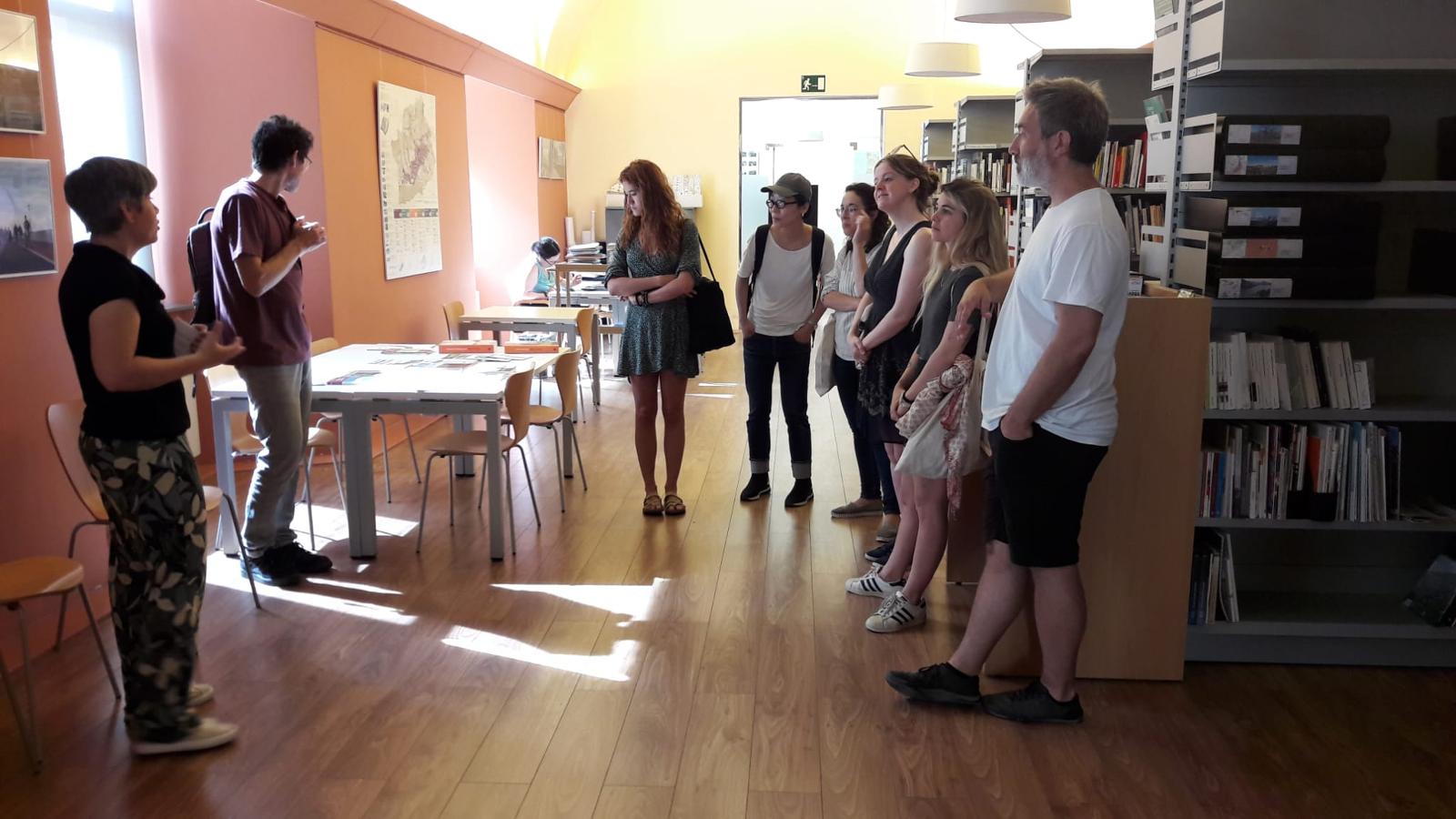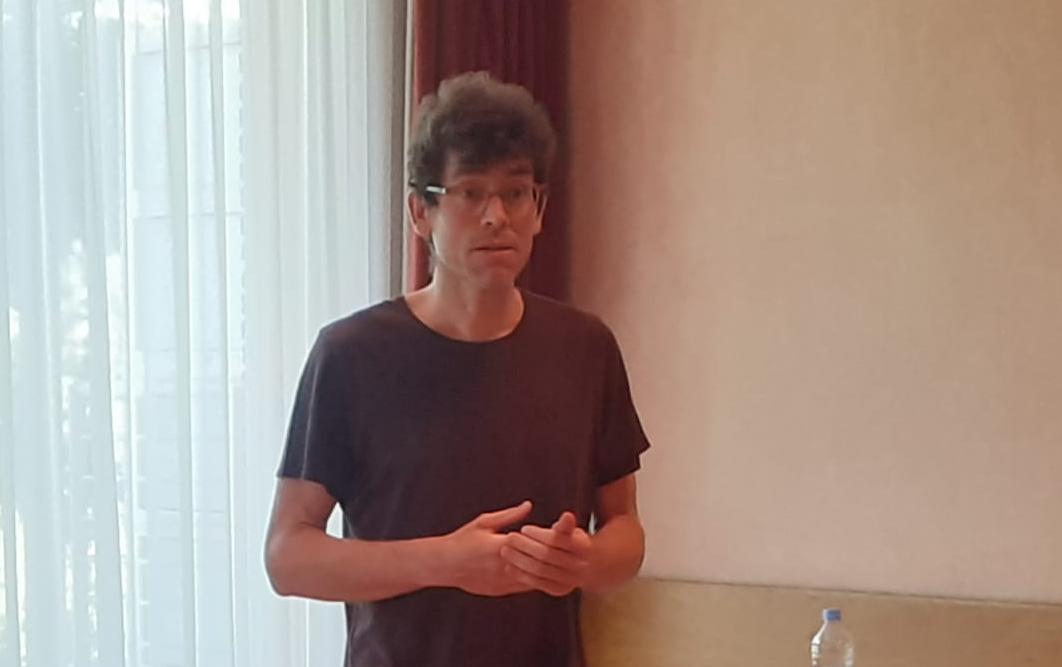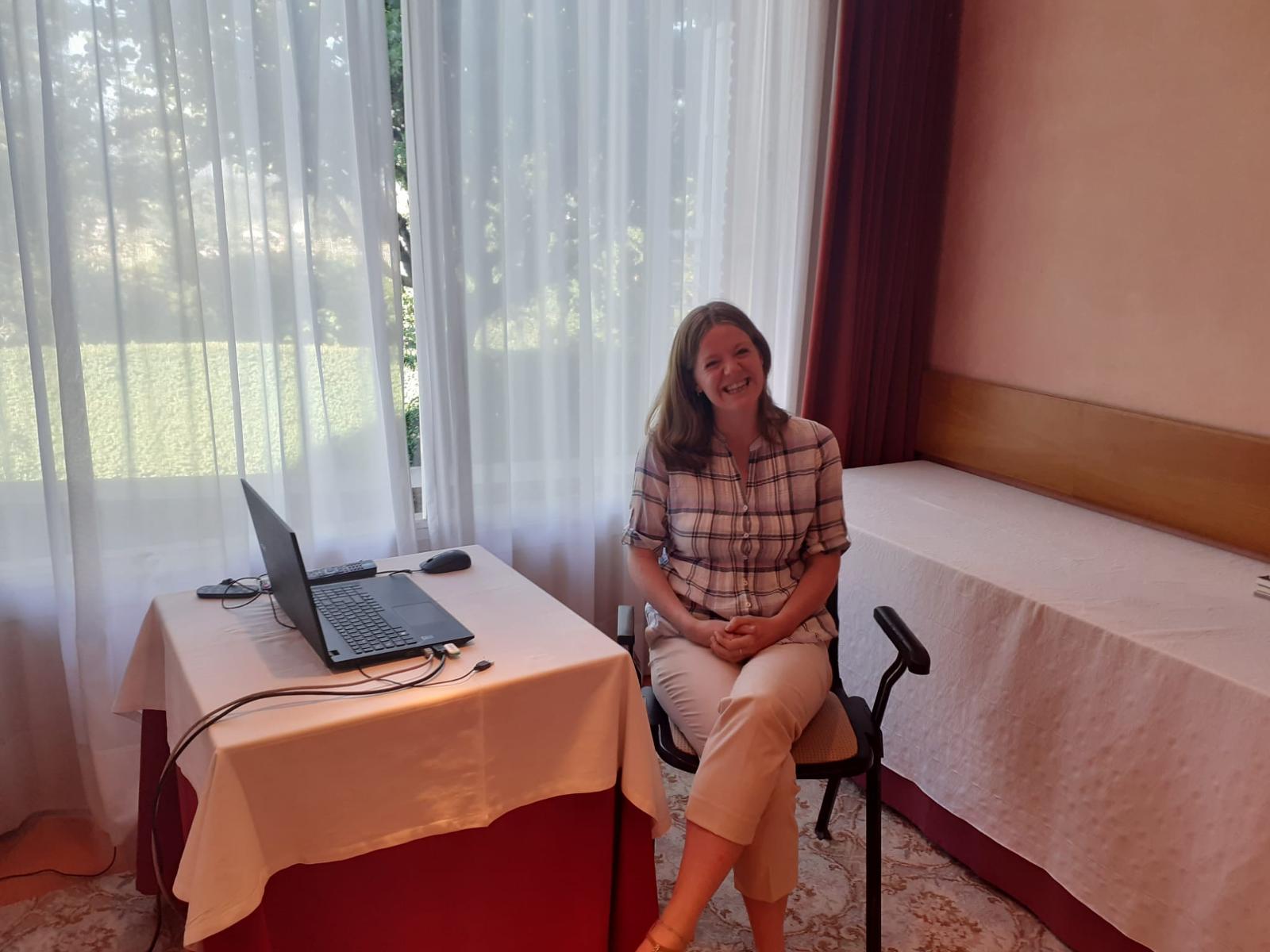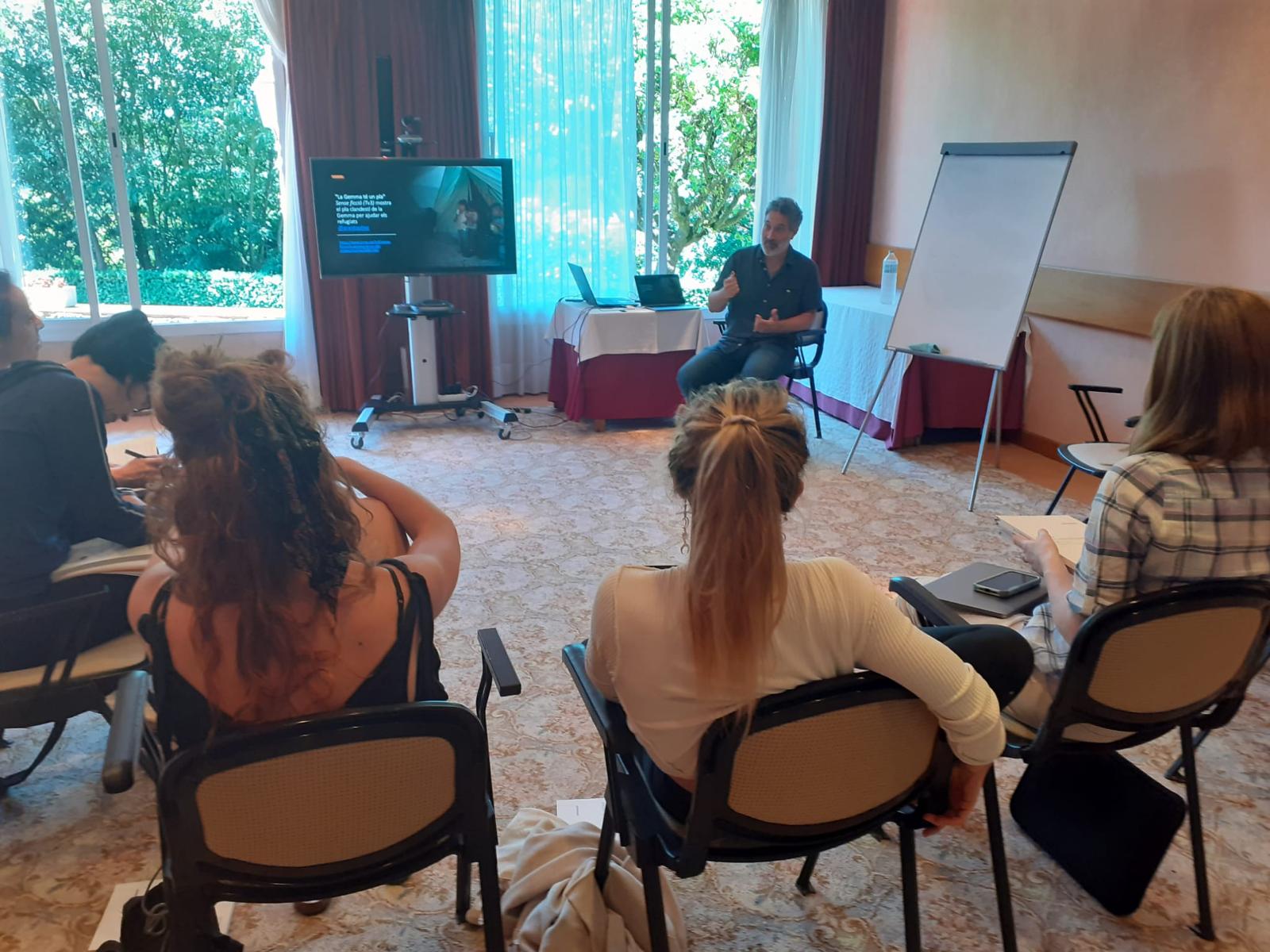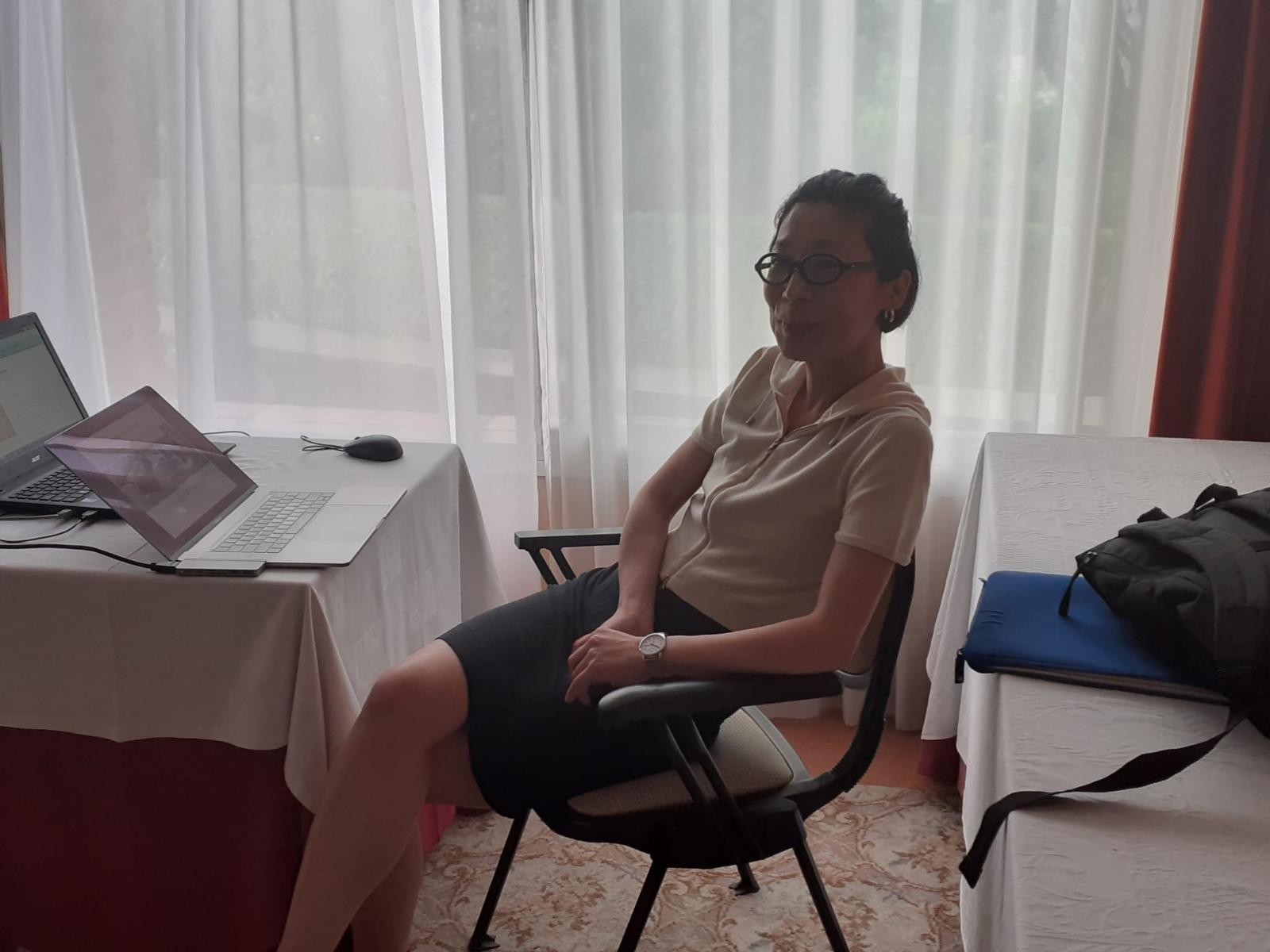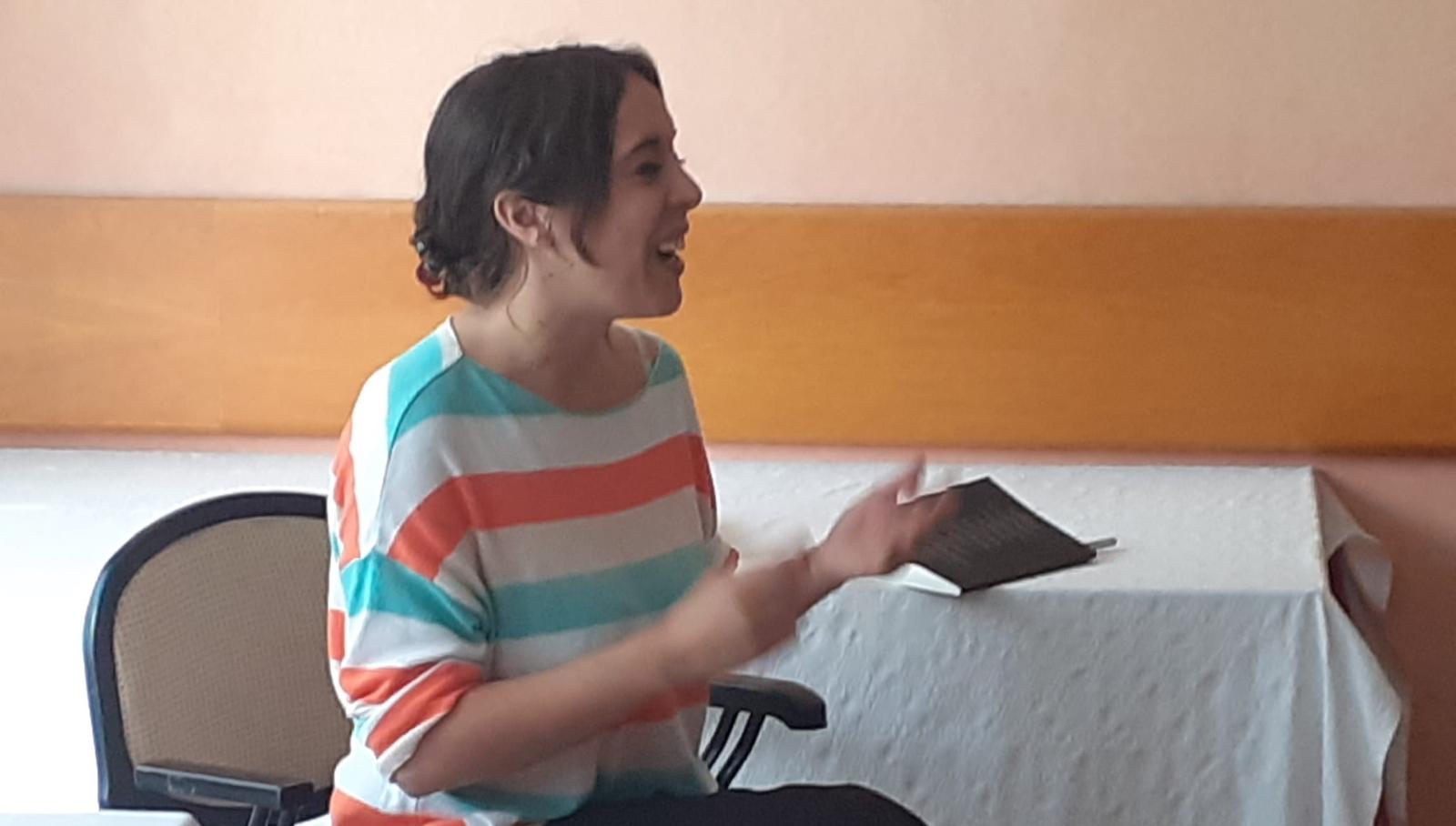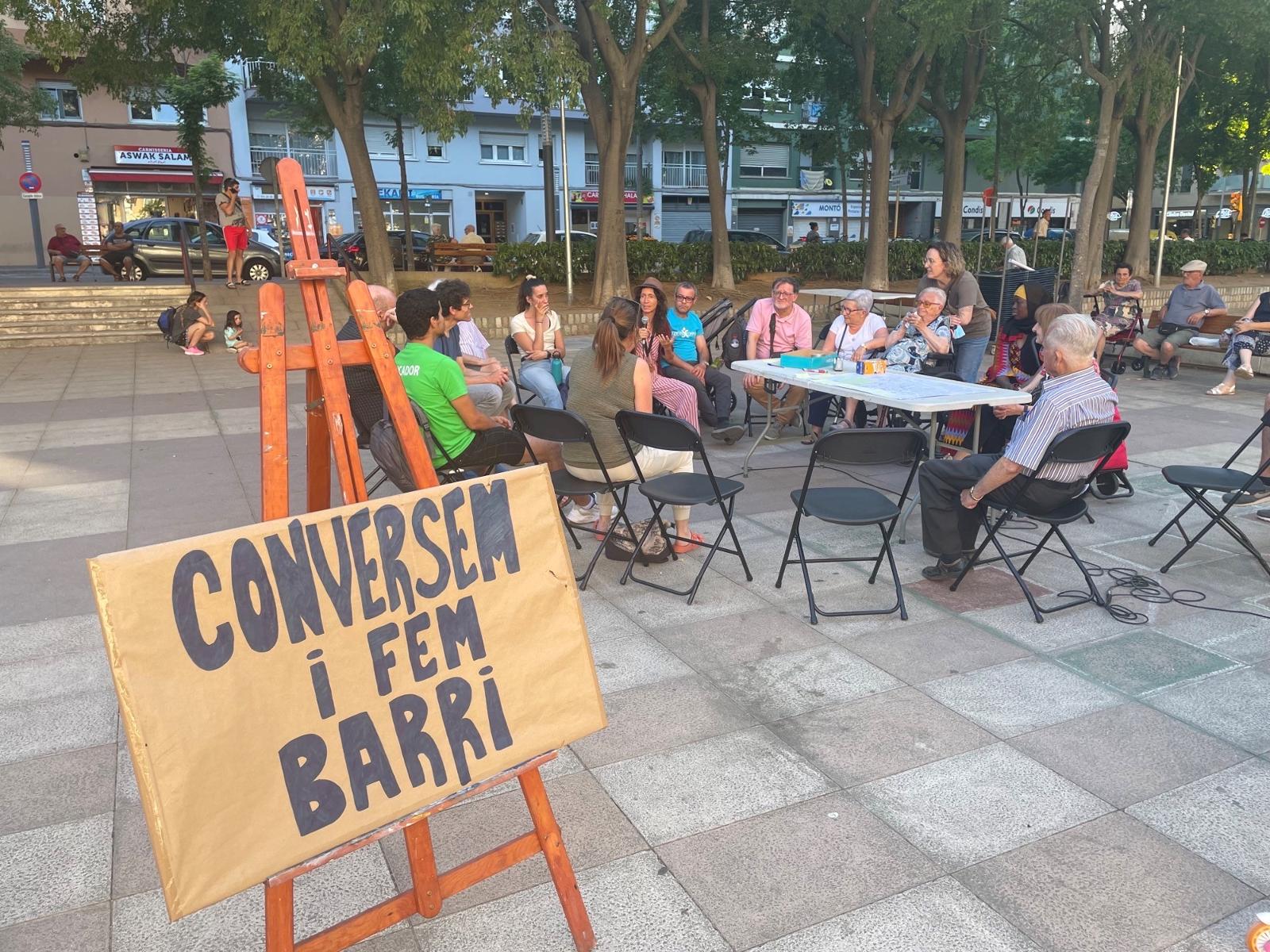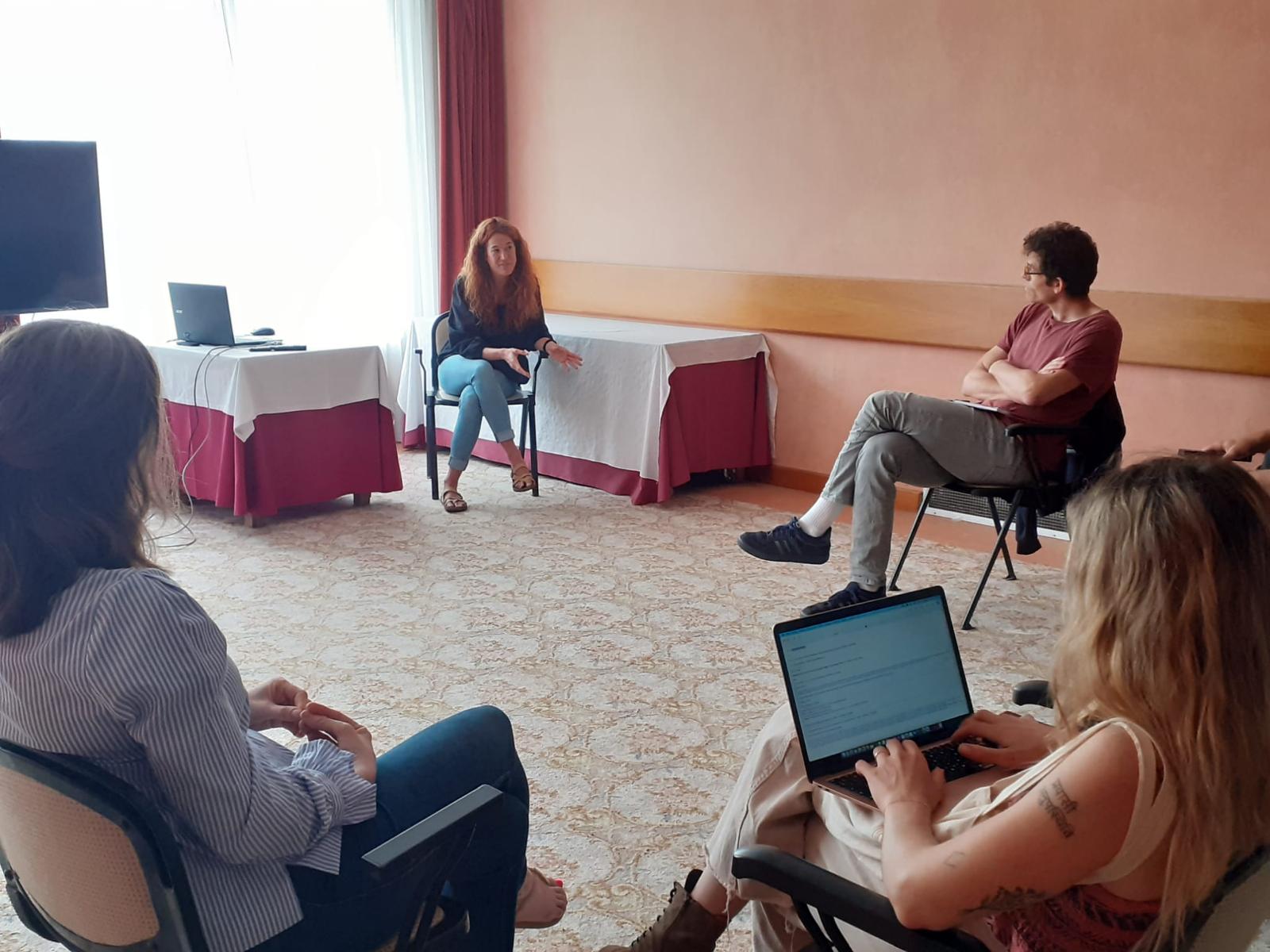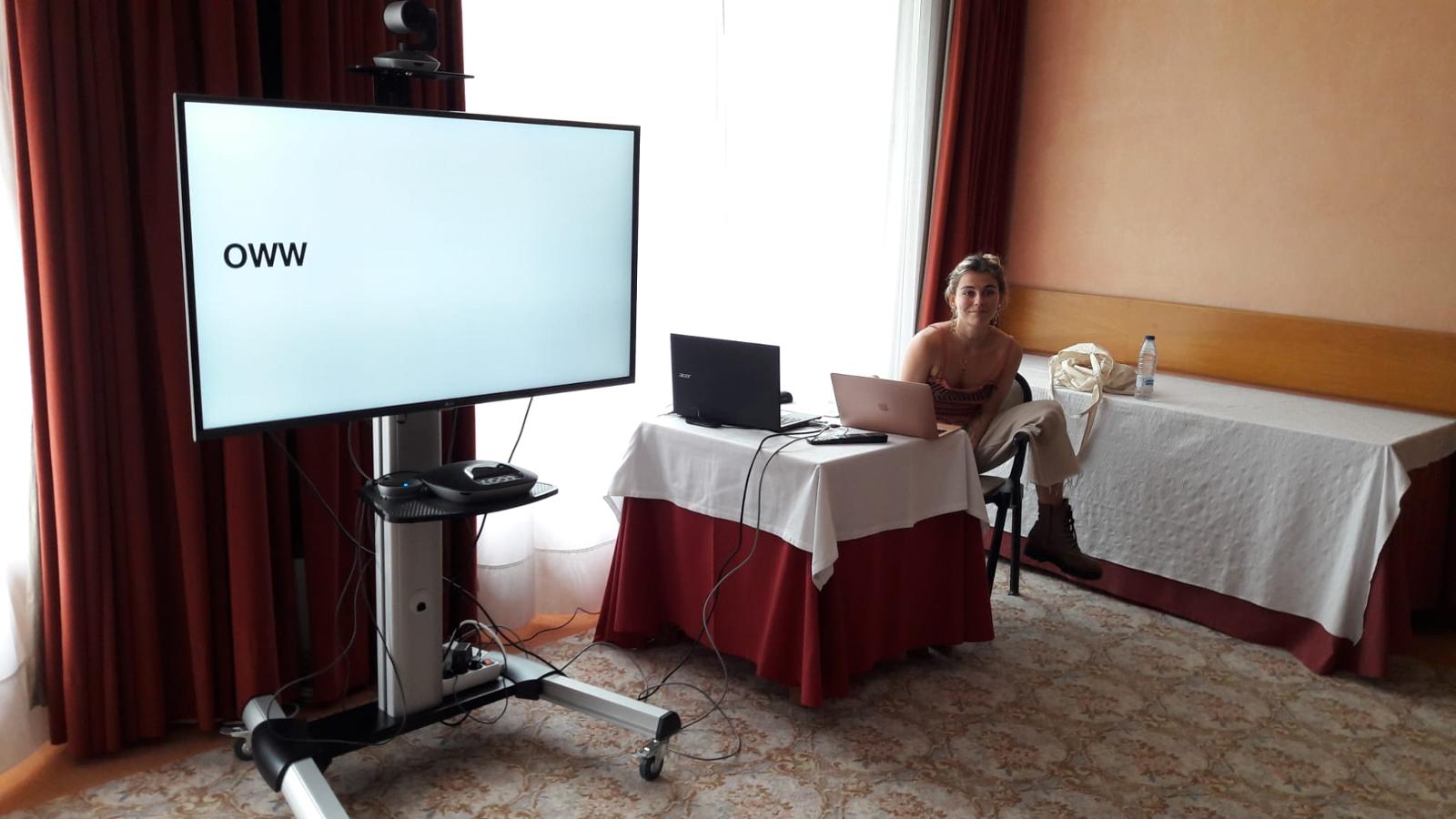Collective residencies / Olot
Let's consider borderlands
From Tuesday, 7 June 2022 to Tuesday, 14 June 2022
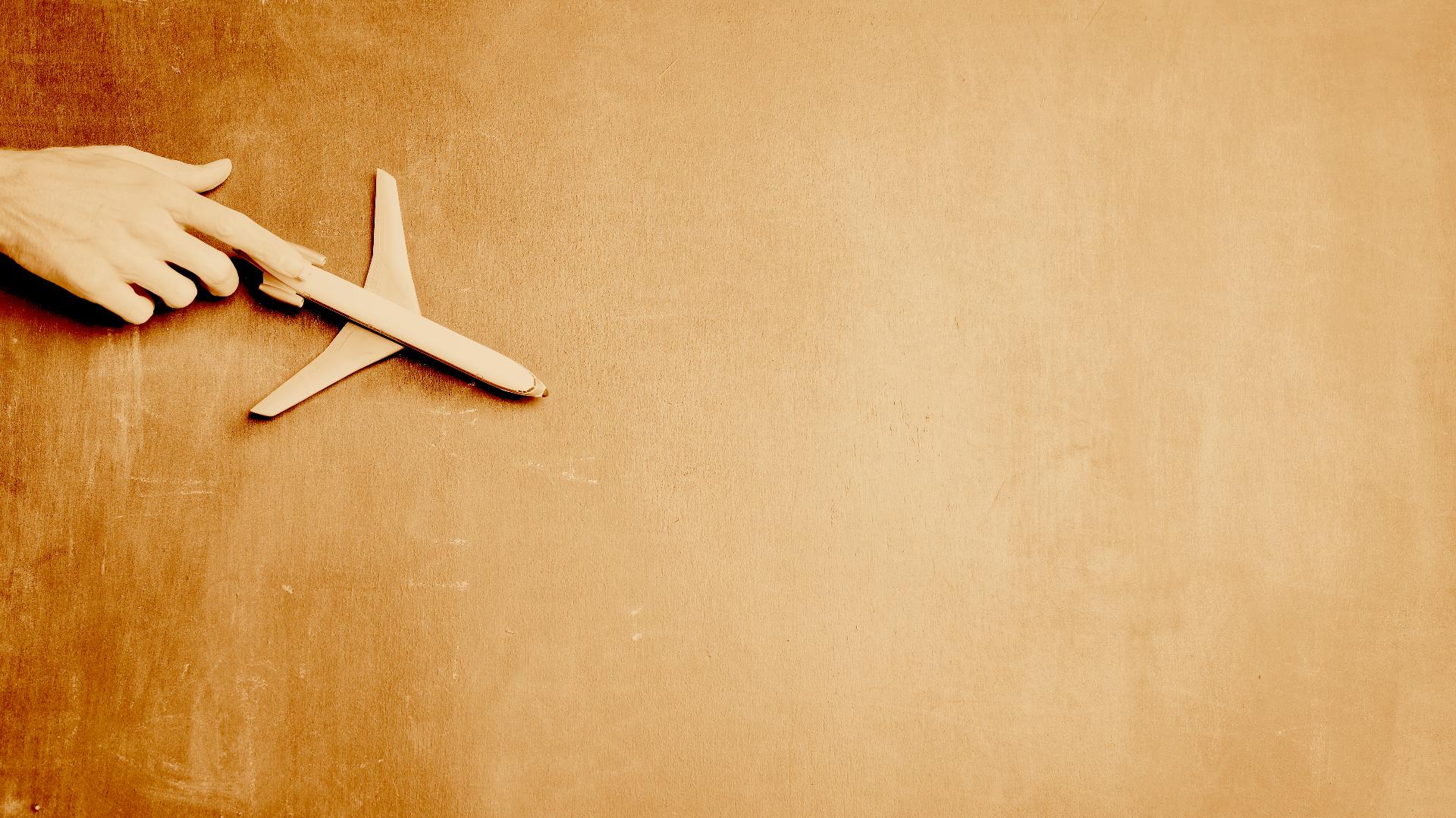
June 2022
With the fall of the Berlin Wall in 1989, it seemed like the world was on the verge of an era when borders would become increasingly irrelevant. German reunification appeared to suggest a prelude to a great international unification that soon became known as globalisation. The consolidation of large economic and trading areas, like the European Union, accompanied by advances in communication and transport technologies – particularly the appearance of the Internet and cheap fossil fuels – suggested that the world had shrunk and that everything could move across it freely: information, goods, money and people.
What is certain, however, is that globalisation has not meant a more open world or the disappearance of borders. Over recent decades, more borders have sprung up. There are now more physical and territorial borders, as well as social and economic borders, particularly borders that separate social groups according to income or ethnicity, especially when they have been radicalised. And between rich immigrants and poor immigrants, just to give a few examples.
For all these reasons, borders and borderlands have today become a focus for many disciplines, even disciplines that had not previously concerned themselves with borders. Political science, history, geography, sociology and anthropology, philosophy and architecture, literary criticism and art in general have all analysed, studied, observed and denounced a world that is ever more divided and fragmented; a space that is increasingly connected and, at the same time, more isolated.
That is why we propose setting up a residential study centre to foster studying and writing in greater depth about borders. It must be a workspace that is open, that does not reproduce this proliferation of borders, and as such, facilitates the exchange of experience, suggestions and ideas across disciplines. A place that favours hybrid, porous, undisciplined and travelling forms of knowledge.
Residents
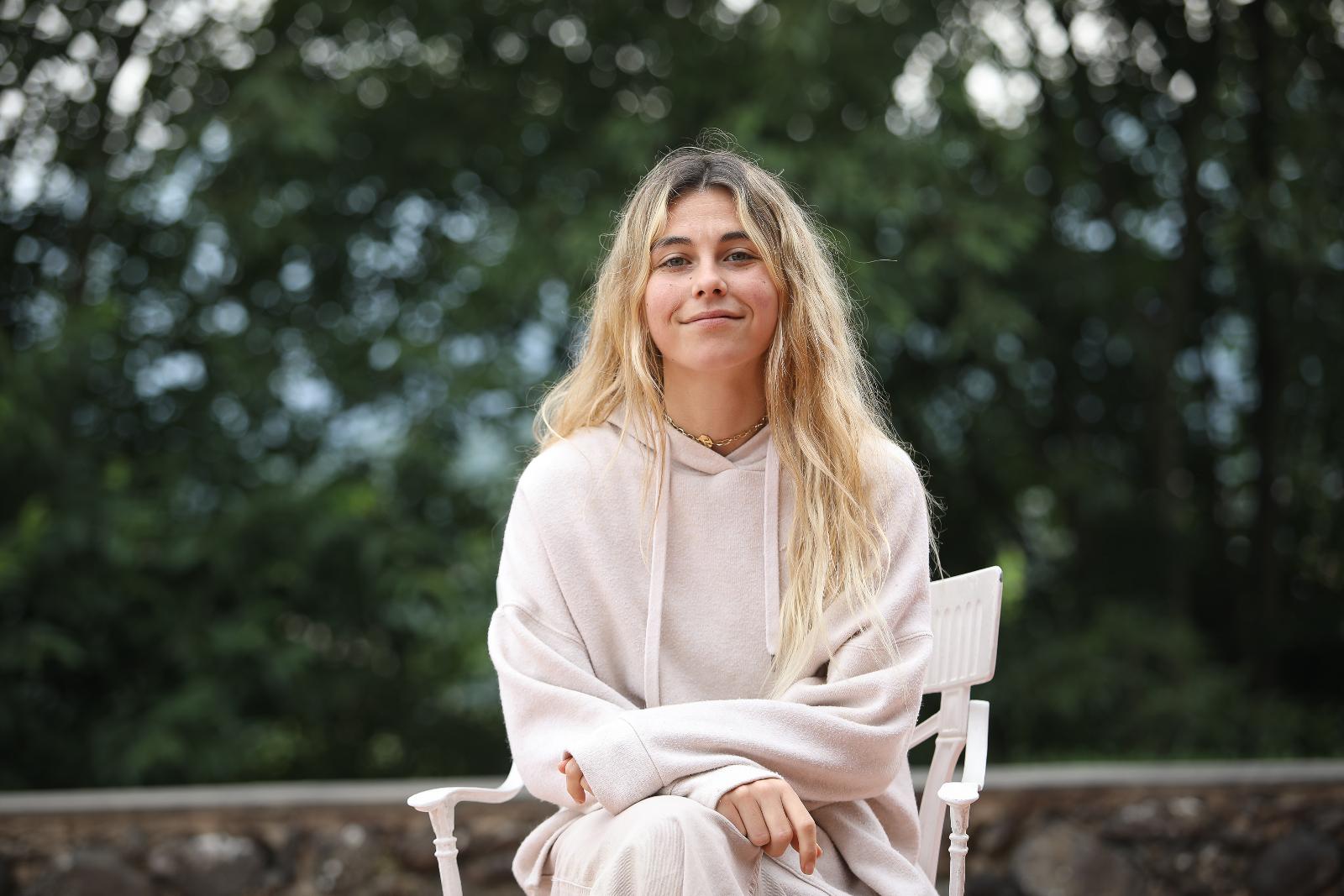
CRISTINA MORALES FERNANDEZ
PhD student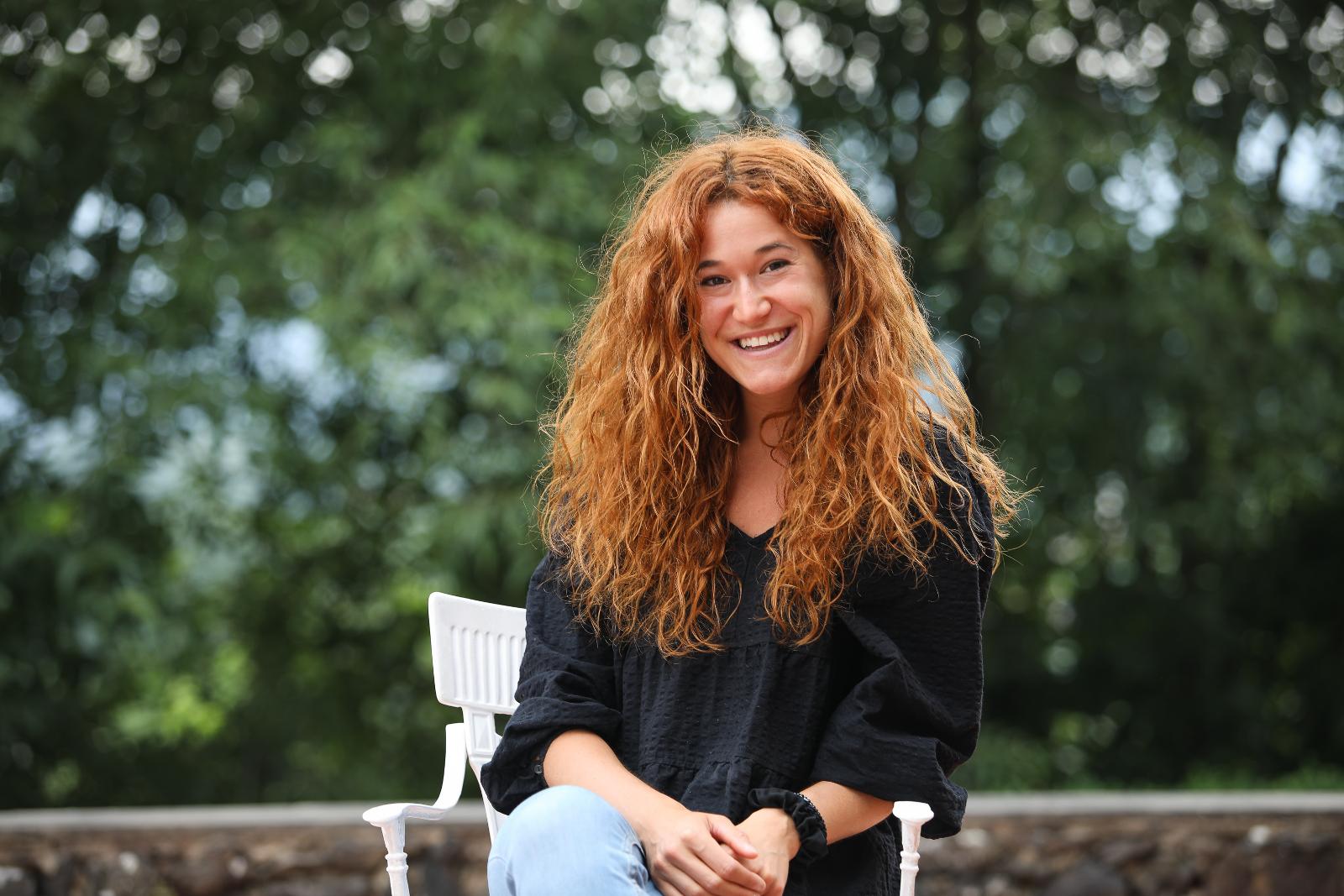
LAIA MALDONADO LLOBERA
Student, poet, international cooperator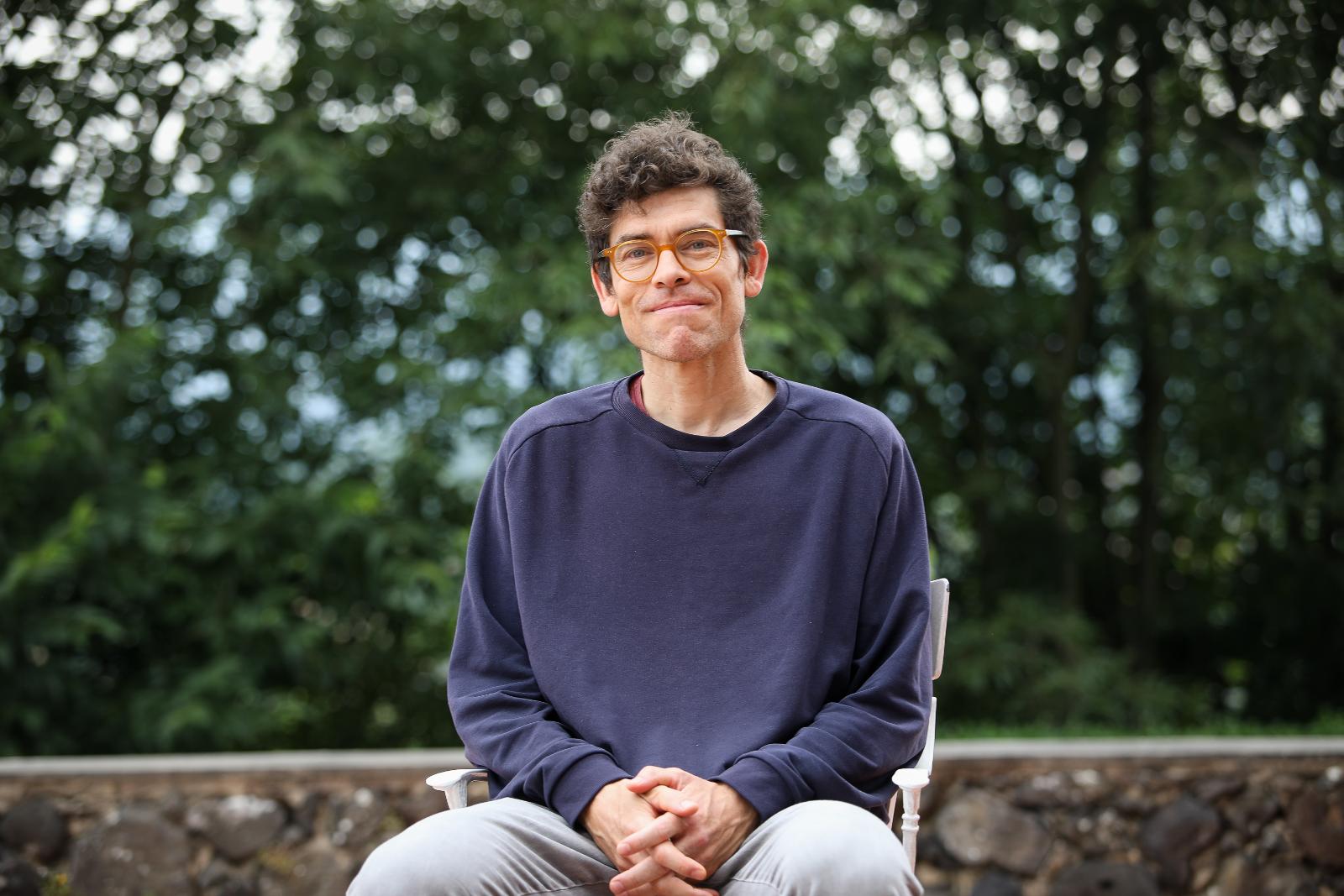
BERNAT LLADÓ MAS
Geopgrahy teacher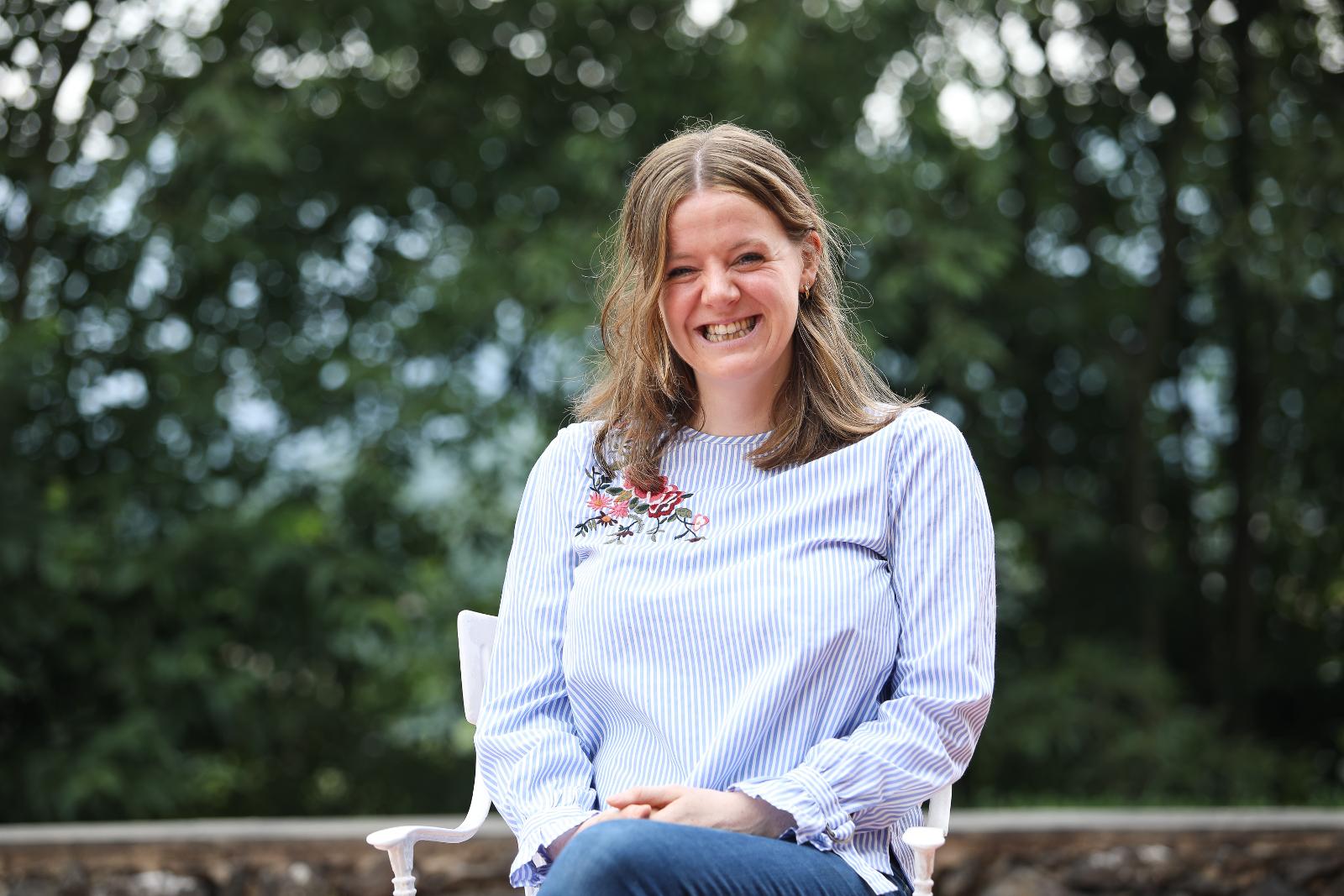
CATHERINE BARBOUR
Assistant Professor in Dublin Trinity College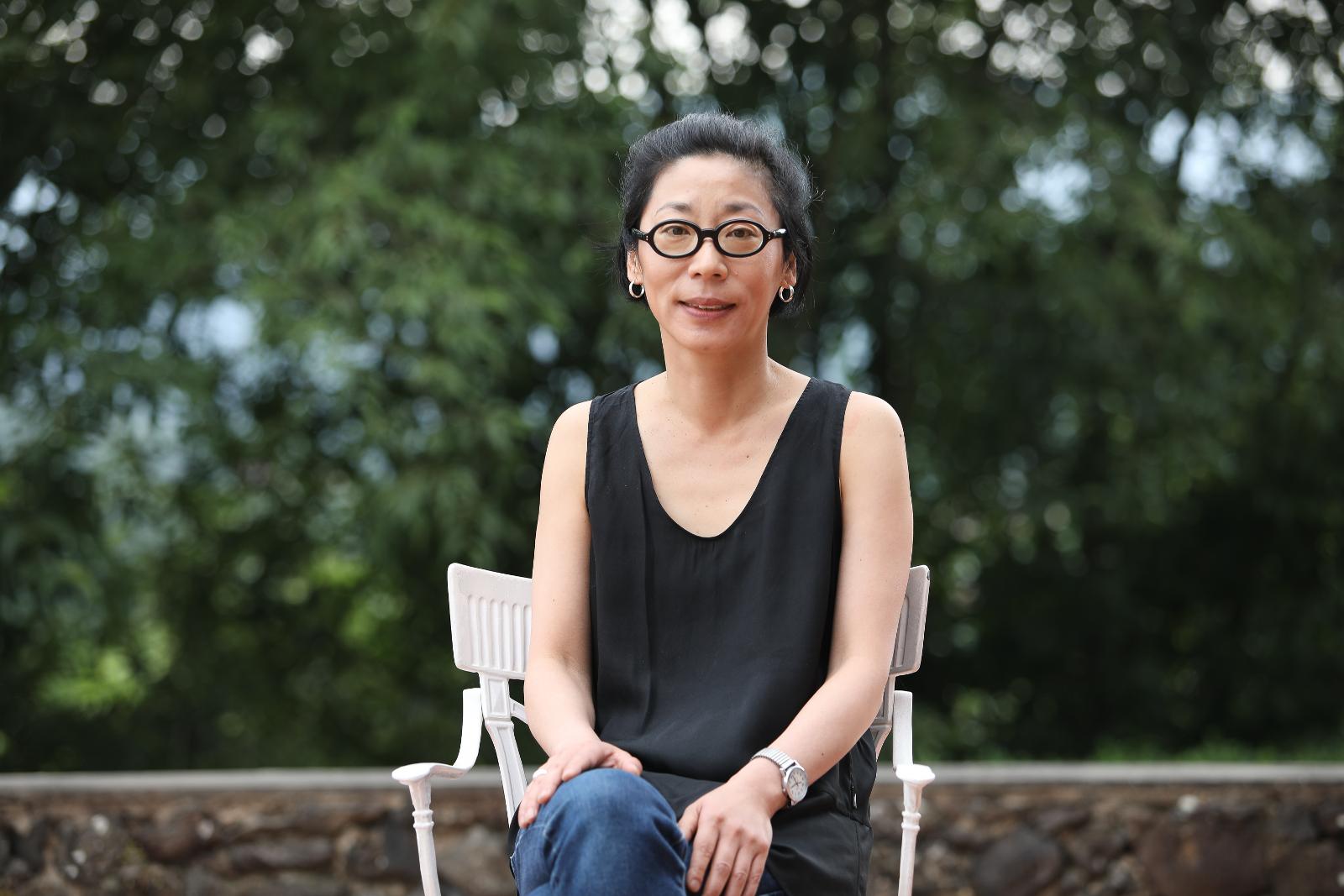
GENEVIEVE QUICK
Artist, writer, and educator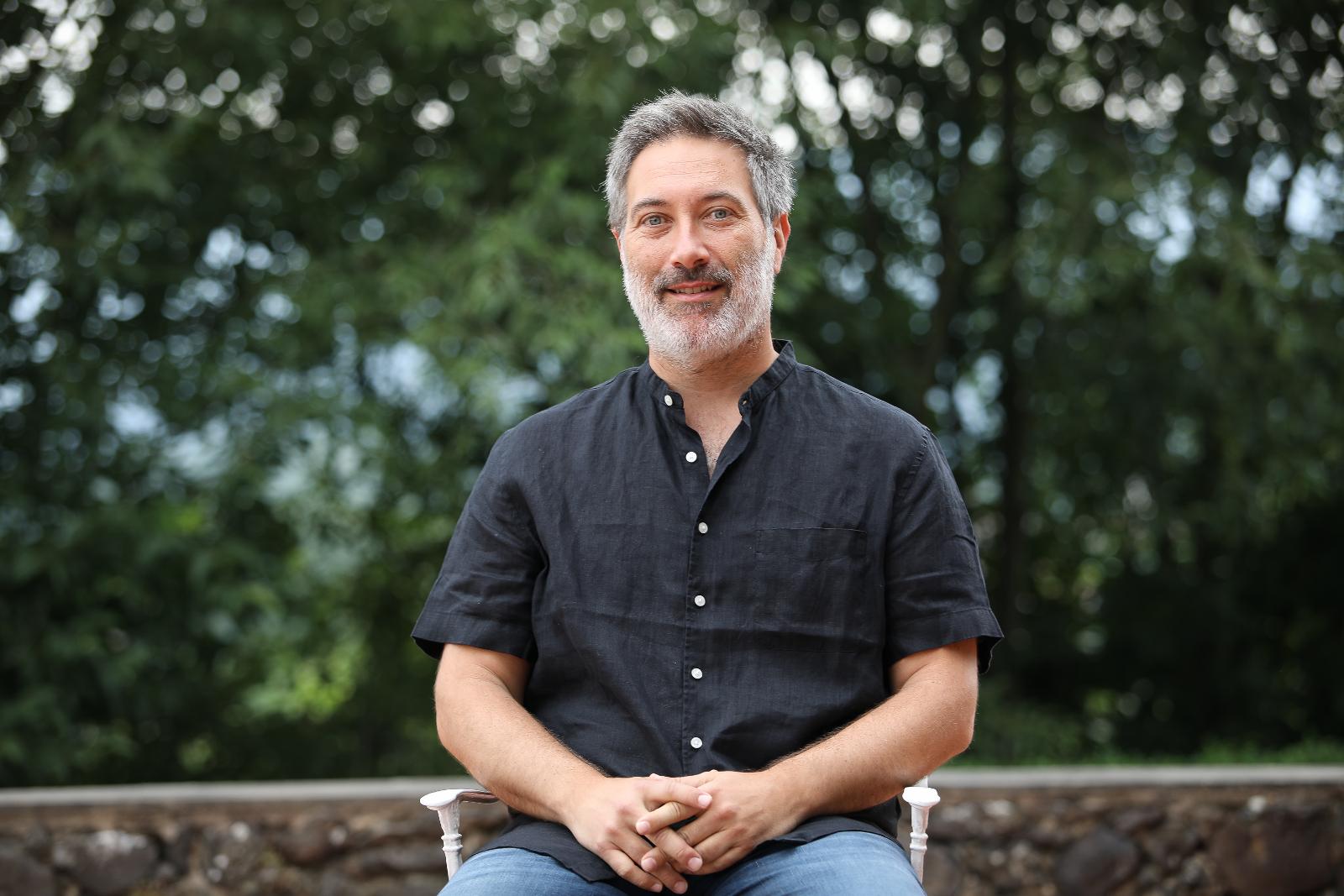
OSCAR JANÉ
Historian and Editor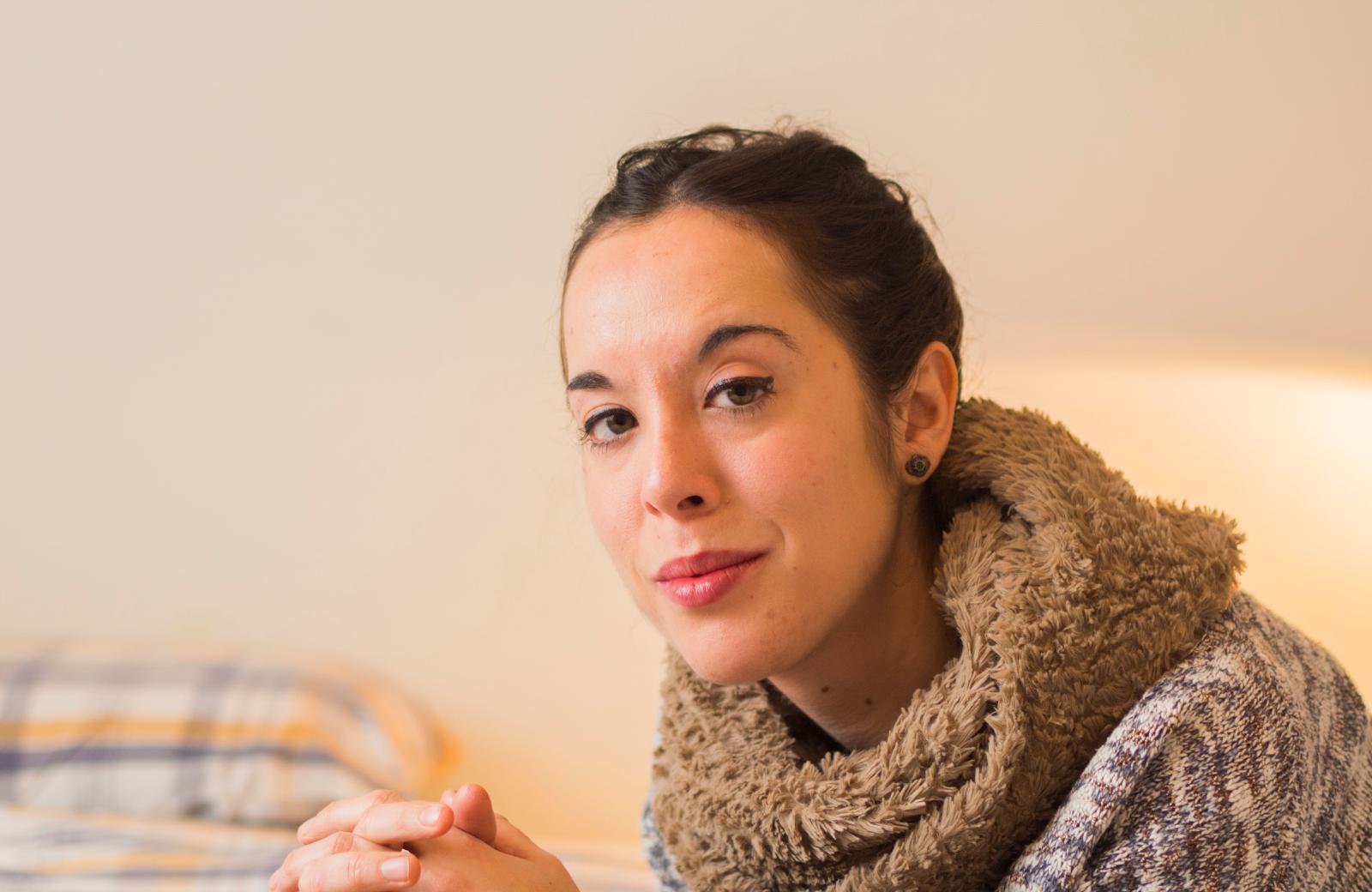
MARTA SOLDADO FERNANDEZ
Teacher and writerOpinions
What residents are saying about us

Teacher and writer
MARTA SOLDADO FERNANDEZ
The residence at Faber Llull in Olot has been an oasis where the environment, people and readings have converged on some stimulating days full of sharing and working with a very special energy. The other residents have turned out to be exceptional people ...
+ info
Geopgrahy teacher
BERNAT LLADÓ MAS
I arrive at the FaberLlull residence to meet with a group of writers, academics, travelers and artists to talk and discuss about the border. I come from Geography, and in my head I have mostly territorial borders; but I know that before coming to Olot, ...
+ info
Student, poet, international cooperator
LAIA MALDONADO LLOBERA
The residence at FaberLlull has been an experience. It only took a couple of hours for the insecurity and uncertainty I felt to dissipate completely: not only because of the kindness of Pepa and the Gaviota or the extraordinary connection that immediately ...
+ info
PhD student
CRISTINA MORALES FERNANDEZ
Faber Residency Olot: Rethinking the border-space This was my first time at a research residency. Although my expectations were high, the Faber experience has exceeded every possible anticipation. Once you are able to disconnect from your every day ...
+ info
